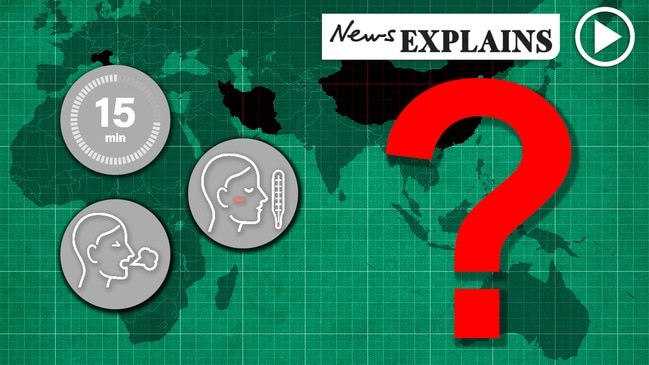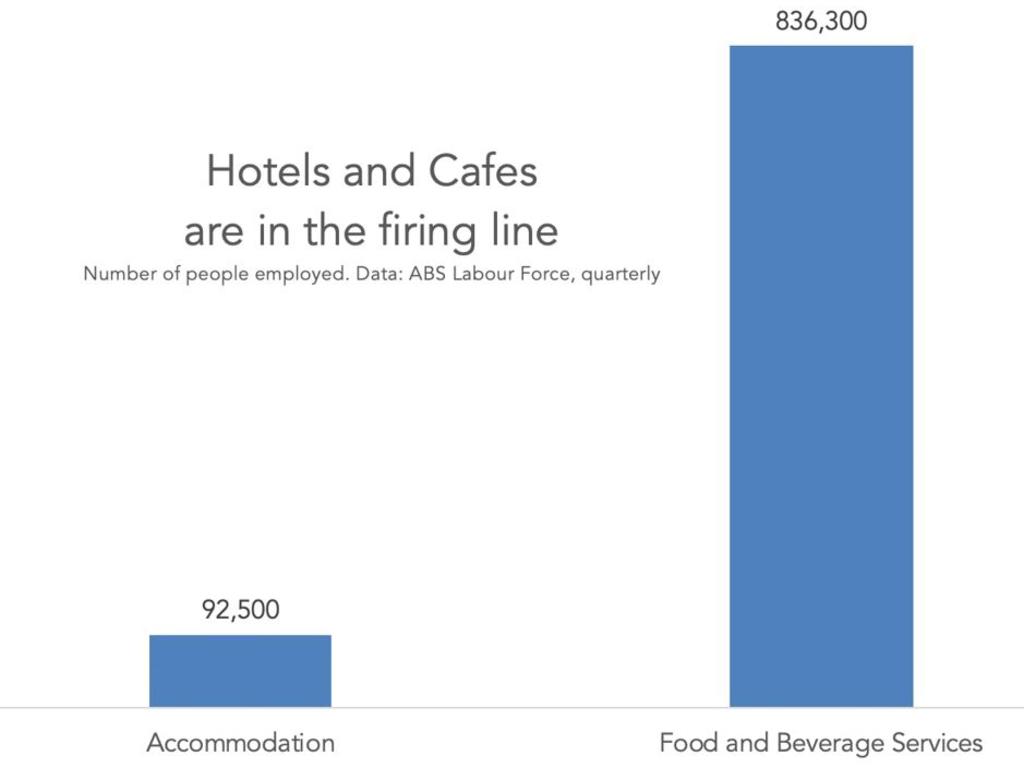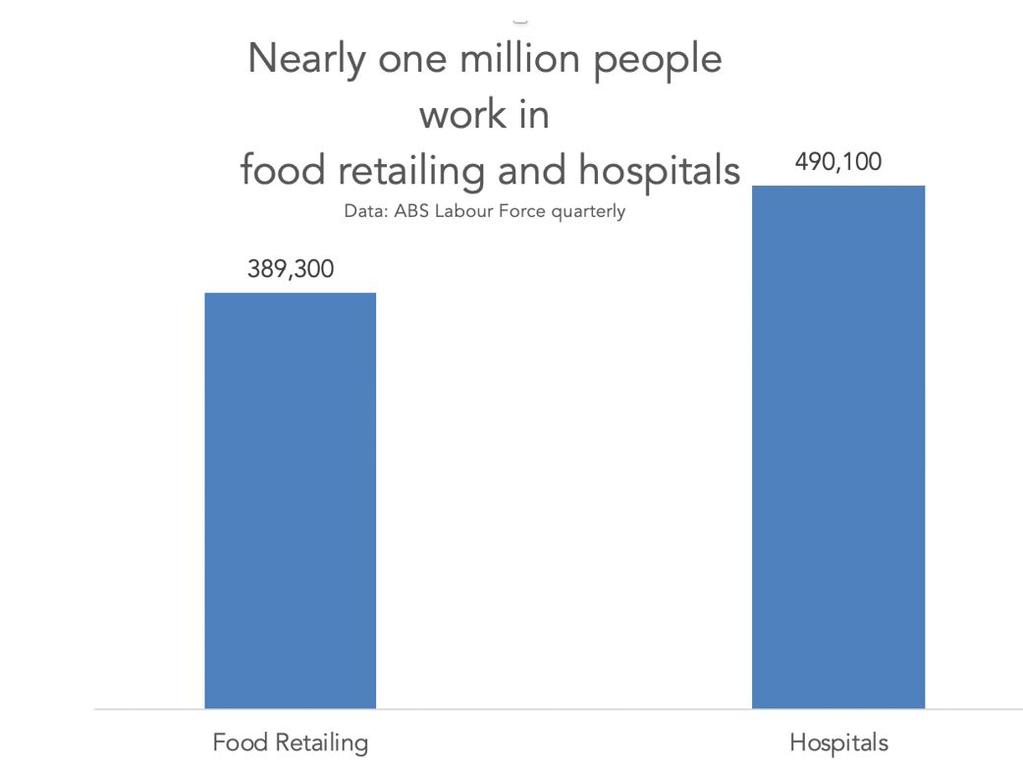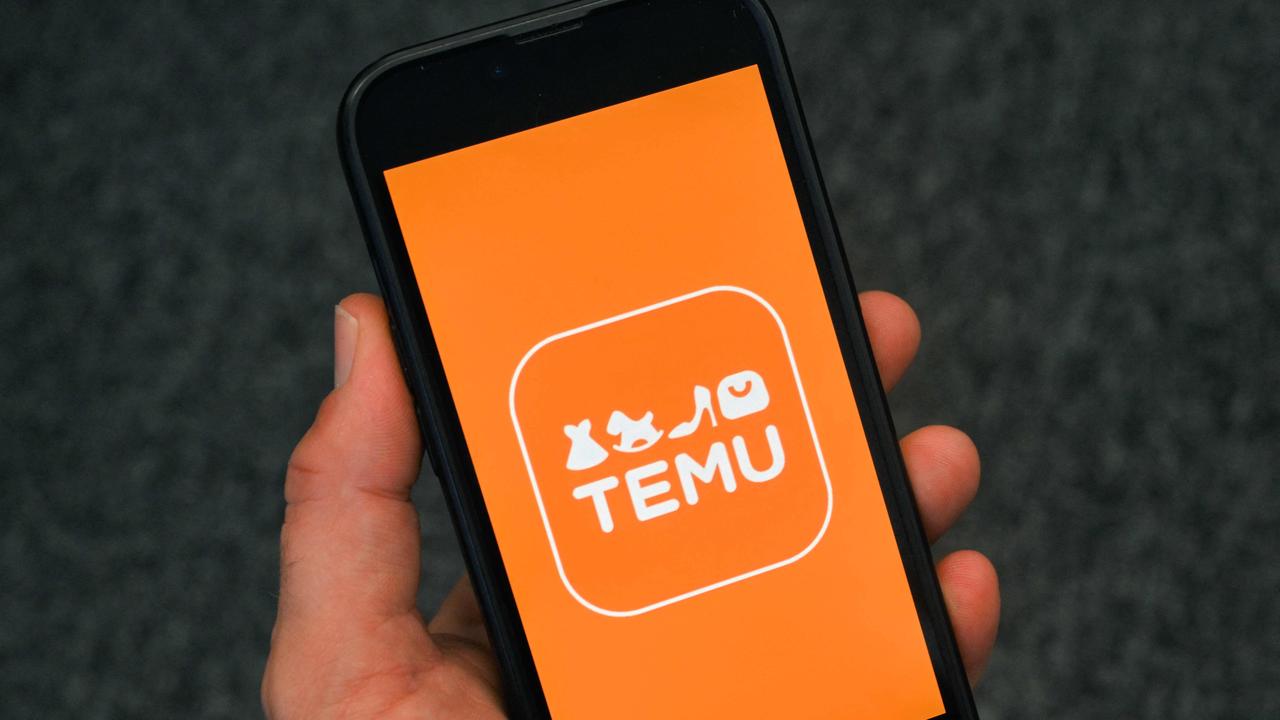Coronavirus: 1 million Australian jobs to go because of virus
The next six months could see unprecedented numbers of Australians lose their jobs – and these 1 million are first in the firing line.

The next big victim of the coronavirus? Our jobs. Even before the virus takes over our bodies, it is ravaging our economy.
Staying home is the right thing to do, because death by respiratory failure is a horrible way to die, but economic aftershock is likely to come with a massive cost to jobs
Casual workers are already losing shifts. Lay-offs may not be far away. But not all industries are going to be affected equally. The horrible truth of the coronavirus is it will hit jobs in customer-facing industries worst.
The young person who would usually be selling you a pie at the football will instead be at home wondering how he’s going to pay off all those Afterpay purchases.
The barista who usually makes your coffee is at home wondering how they’re going to pay for petrol.
There are a whopping 840,000 people employed in food and beverage services in this country and with tourists staying away and most of Australia doing social distancing, their jobs are at real risk.
RELATED: Follow the latest coronavirus updates
RELATED: Six coronavirus facts experts want you to know

The number of people involved in aviation is much lower – 47,000 people – but their jobs must be at even greater risk. Qantas has cut capacity on its international routes by 90 per cent, and unconfirmed rumours have circulated that Virgin Australia is keen for a government bailout (shares in Virgin are now trading at just 6 cents, down from 17 cents six months ago).

Education and recreation are also big problem areas, with schools closing and the ban on gatherings.
BRIGHT SPOTS
Of course, not every industry is shedding staff. Supermarkets are desperate for more people with Coles looking to hire 5000 people immediately to restock shelves that are being repeatedly stripped bare with a vengeance.
Coles is hiring 5000+ casual team members to help us serve more customers and replenish shelves faster, while offering employment opportunities for Australians working in other industries impacted by COVID-19. To apply visit: https://t.co/itKJqVNeCo
— Coles Supermarkets (@Coles) March 16, 2020
Supermarkets are also desperate for delivery drivers, now that delivery slots are booked out days in advance.
Hospitals are putting all hands on deck, to work through elective surgeries in advance of a flood of coronavirus cases. The health care sector is huge in Australia, so that is another area where jobs should be stable and strong.
RELATED: How ‘flattening the curve’ saves lives
RELATED: Can I still go to the gym?

These are the industries that are having to lift in the time of the virus, and we’d be remiss not to mention toilet paper makers. Our two-ply is mostly Australian made and those factories must be running hot – for now. However eventually every house in Australia will presumably have accumulated a toilet paper surplus and the great bog roll mills will have to fall silent for a time.
THE SECOND ROUND
All the above just describes the first-round effect of the coronavirus – the effect of people trying to avoid the virus itself.
As the self-isolation drags on the economic impact will spread. Anyone left jobless will be forced to reduce their spending. And that’s when the impact goes beyond a few key industries and begins to undermine everyone.
In an economy, what goes around comes around. A hit to one industry propagates through and becomes a hit to all. For now, many people in industries like advertising and accounting are able to work from home, safe from the virus and secure in their jobs. But if their employers start losing work, the funds to pay those wages may dry up, the impact could be big.
STIMULUS
The Government has already taken some steps to try to help employers and discourage them from laying people off. This is probably helpful. But will it be enough? Time will tell. In the meantime, New Zealand has announced a much larger stimulus than Austalia did – four times larger on a per person basis.
NZ Prime Minister Jacinda Ardern said the package was “relentlessly about jobs”. It’s a motto our Government might do well to adopt.
Jason Murphy is an economist | @jasemurphy. He is the author of the book Incentivology.




